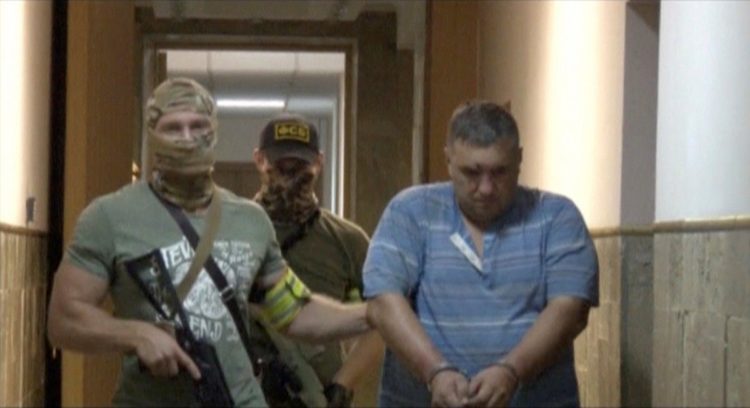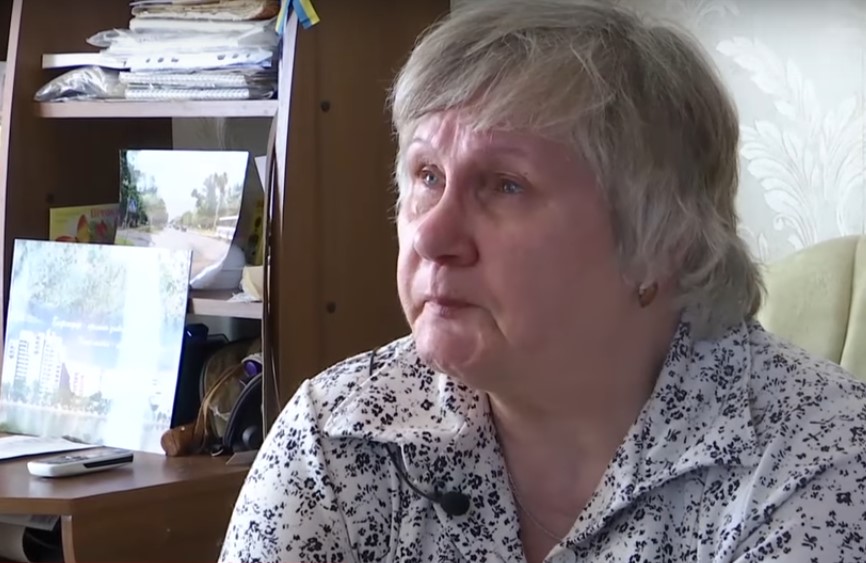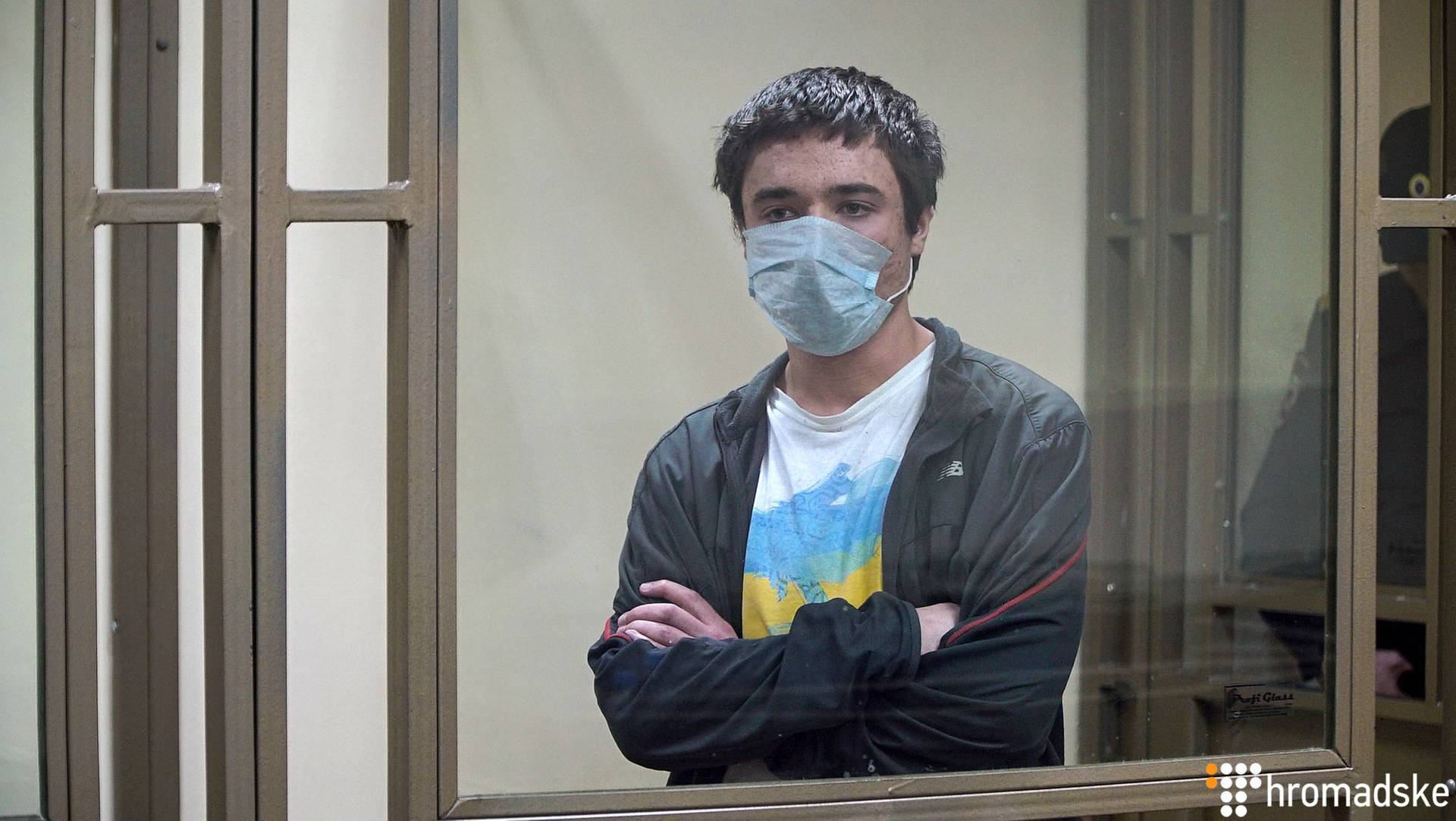The vile and underhanded attempts of Russian authorities to discredit the Crimean Tatars must not be kept silent, says human rights lawyer Nikolai Polozov, known for defending Pussy Riot, Nadiya Savchenko, Crimean Tatar leaders Mustafa Dzhemilev and Akhtem Chiygoz and others.
Crimean Tatars in the crosshairs of Russia’s war on Muslims
This is important: innocent people are sentenced to long terms of imprisonment just for reading books and expressing themselves!

(No) right to a fair trial, or a manual to Russia’s conveyor of repressions in CrimeaThe defendants have no opportunity to justify themselves. When the defense argues that the accused are not terrorists, the judges cite the decision dated 2003, thus showing that the Supreme Court has long ruled differently. It does not matter at all that the persons charged under such articles did not plan or commit any terrorist attacks. According to the prosecution, they read certain books and brochures and then discussed what they read. Four men with disabilities - Zekirya Muratov, Dzhemil Gafarov, Aleksandr Sizikov and Amet Suleymanov – were imprisoned for these reasons only. Two of them have been in prison since 2019, and two are under house arrest. Fifteen other elderly persons were imprisoned on the same grounds, including my client, Enver Omerov, who was sentenced to 18 years in a maximum security penal colony.

Russian prison system is a ticking time bomb for health of a Crimean TatarWhen Teymur Abdullayev was imprisoned on October 16, 2016, he was a strong and healthy athlete and a respected coach of the taekwondo team in Simferopol. Here is how his mother describes her last brief meeting, which she managed to negotiate with the prison authorities at the end of May, 2021:
“When I saw Teymur, I was frankly shocked. My son was exhausted; his face as I knew it was gone; a body of skin and bones like a ghost from a concentration camp. His face was swollen; his yellow eyes stared at me. I looked more closely at his eyes and saw that many blood vessels had burst and his eyes were filled with blood. This is a bad sign. His tongue is dry and cracked. He told me he felt severe pain in his stomach. His liver and kidney also hurt. There are wounds in the corners of his mouth, indicating intestinal inflammation. He is bruised from head to foot!”For more than 18 years, human rights activists have been trying to explain that it is wrong and cruel to destroy people’s lives and imprison them in such inhuman conditions. Real terrorists have weapons in their hands, but these men held books and gathered in small circles to discuss them.
The essence of “terrorism” is the use of violence, organized attacks against someone, intention to harm and maim, and so on, and so on, but it has nothing to do with praying five times a day.
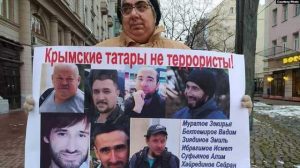
Photo project spotlights Crimean Tatar kids born after their fathers’ unlawful arrests by Russian occupation authorities
Thoughts, conversations, or reading books should not be labelled as crimes with such outrageous sentences!
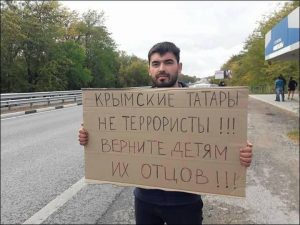
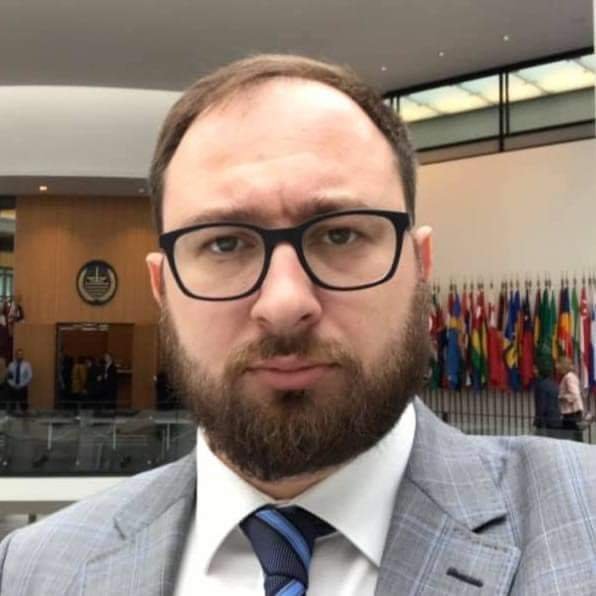
Nikolai Polozov is a Russian and Ukrainian lawyer. His specializes in criminal cases related to the persecution of persons for political reasons. He is known for the cases of Pussy Riot, Nafiya Savchenko, Akhtem Chiygoz, Ukrainian Navy sailors, Crimean Tatar leader Mustafa Dzhemilev.


